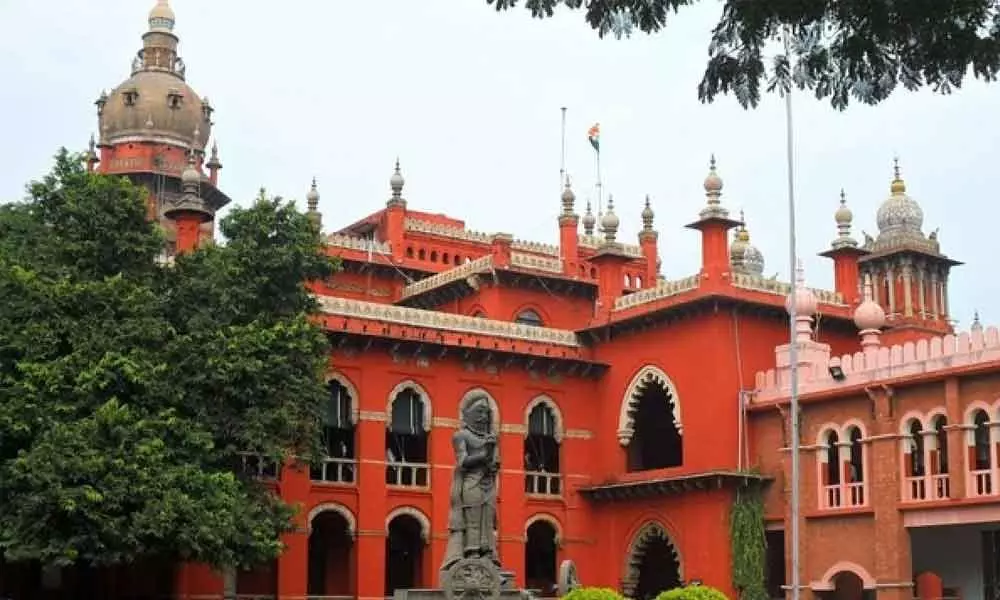Madras High Court issues interim ban order on sale of loose edible oil

Madras High Court
In an interim order, the Madras High Court bench in Madurai on Friday banned the sale of loose edible oil due to adulteration issue and wondered why the adulterators should not be booked under the Goonda Act.
Chennai: In an interim order, the Madras High Court bench in Madurai on Friday banned the sale of loose edible oil due to adulteration issue and wondered why the adulterators should not be booked under the Goonda Act.
The court order came on public interest litigation filed by an advocate to seek directions to the authorities to ensure that the edible oil in the market complied with the standards set by the Food Safety and Standards Authority of India (FSSAI).
The petitioner's counsel told the court that a mixture of cashew nutshell liquid and palmolein was sold as gingelly oil since the former's colour and odour would match that of gingelly oil.
The court was told that the adulterated mixture affects the autonomic nervous system of humans who consumed it, resulting in blurred vision, nausea, vomiting, headache, bradycardia, and reduction in blood pressure.
The court also put queries to the state government as to how edible oils were sold in the loose when the Food Safety and Standards (Prohibition and Restriction of Sales) Regulation, 2011, prohibited the same. It also sought to know the number of labs in the state for testing as well as the health impact of adulterated oils like peanut essence mixed with olein oil sold as groundnut oil and cashew nutshell liquid mixed with palmolein and sold as gingelly oil.
The court also asked about the number of tests done on samples of edible oils and the number of tests wherein the presence of cashew nutshell liquid and peanut essence was detected, apart from the action taken against the adulterators.














